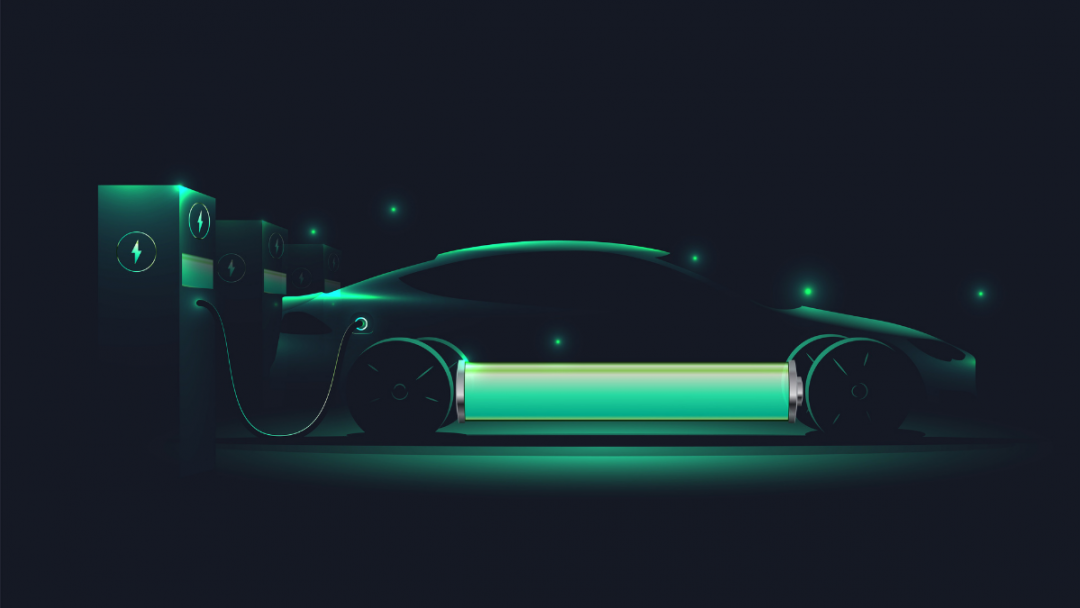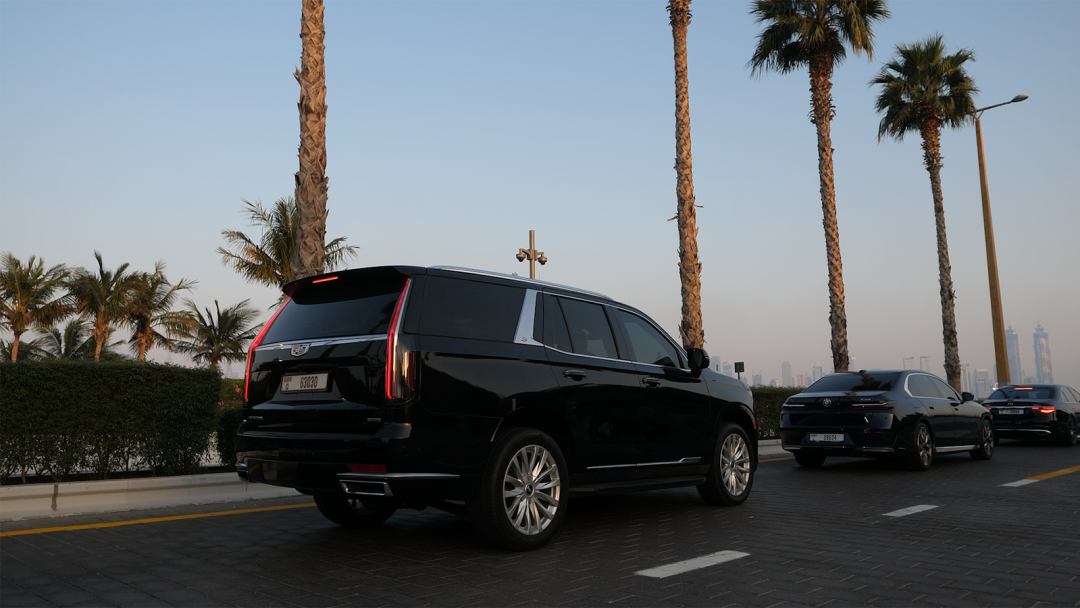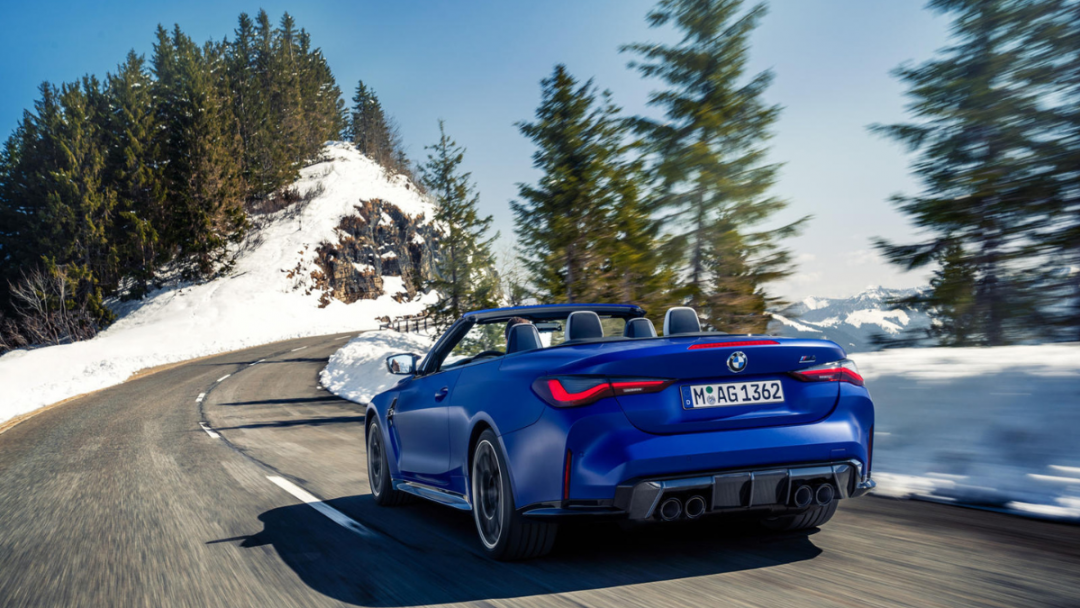From the thick smog that blanketed Los Angeles in the 1950s to the creation of the Environmental Protection Agency in 1970, the fact is that we’ve known about the damaging effects of automobile pollution for perhaps longer than we would care to admit. Yet over the years, manufacturers thought little about the clear challenges for the environment, continuing to mass-produce cars on an enormous scale. But as the facts of climate change become ever clearer in the 21st century, it’s a relic from the past that is now leading the charge for a cleaner planet. And though it was first invented over 100 years ago, the electric car has now become one of the most unmistakable solutions in the fight against devastating climate change.
Just a Passing Fad?
Once thought of as a fad or objects of amusement, electric vehicles have been part of the public consciousness ever since Toyota introduced the Prius in 1997. The revolutionary hybrid was often the butt of jokes, thanks to its slow acceleration speed and tree-hugging image. Yet it was clean, quiet and fuel-efficient. Still in production almost 25 years later, it proved that electric-hybrid cars could be successful, blazing a trail for future EV’s to follow.
But the legacy of cars powered by electricity goes deeper still. In fact, at the turn of the 20th century electric cars accounted for around a third of all vehicles on the road in the US. Praised for their lack of noise in a time period dominated by deafening industry, designs and models were crafted by some of the most famous luminaries of the era, including Ferdinand Porsche’s P1 and a 1912 design by American electricity pioneer Thomas Edison. Unfortunately for Edison however, it was his friend Henry Ford’s widely available and affordable gasoline-powered Model T that contributed to the eventual decline of the electric car’s golden era. For the next century, the auto industry would be dominated by vehicles run on gasoline petrol with little thought for the environment. But that eventually changed.
The Truth About Climate Change
Like a spinning wind vane in a violent storm, attitudes and public opinion are constantly changing on any number of issues across every political spectrum. But, if there’s one issue that may be reaching a relatively irrefutable position of consensus, then climate change could be it. Although it’s been part of many agendas for the last thirty years, it’s only really in the last decade that stances have started to converge into one direction.
According to a 2018 report from the World Meteorological Association, the 20 warmest years on record have been in the past 22 years. If that wasn’t worrying enough, then the United Nations Intergovernmental Panel on Climate Change (IPCC) also warned in 2018 that the effects of global warming could be irreversible by 2030.
It’s therefore unsurprising to find that vehicles account for around one third of all US air pollution. Similar figures can be found in the UK and the EU. And it’s not just the environment that suffers either – it’s humans themselves. Unlike other notorious polluters such as factories, industrial smokestacks and airplanes, the smog, carbon monoxide and other toxins emitted by vehicles go straight out at street level and into the lungs. If we want to improve the air quality of our cities and towns and enjoy a brighter and cleaner future, then our attitude to cars must change. Thankfully, it seems that moment has already dawned.
A Brighter Future
Greener, cleaner and better for the environment than petrol or diesel cars, it’s clear that electrification is the central force for the decarbonisation of road transport. Technology has come a long way in recent years and, with countries like the UK banning the sale of new petrol and diesel cars from 2030, manufacturers have been forced to innovate and rise to the challenge. Batteries are one area which have seen some of the most rapid development, with many EV’s now able to achieve 200 miles on a single charge. Without compromising on style and performance, some of those leading the way for 2021 include the Tesla Model S and the Jaguar I-Pace.
But regardless of who is making the car, the facts are clear. By avoiding fossil fuels altogether and offering a 40% reduction in co2 emissions, EV’s are here to stay if we want a healthier world and cleaner cities. There are still some challenges – most greenhouse gases produced by EVs come from the manufacturing process – but those will be overcome on the drive towards a sustainable future.
Electric Vehicles are the future and ROLZO will be there every step of the way. So, whether it’s through a soothing ride with a professional chauffeur or taking the wheel of one of our stylish EV’s yourself, you’ll be able to enjoy a clean electric future with ROLZO in more than 100 cities around the world.



